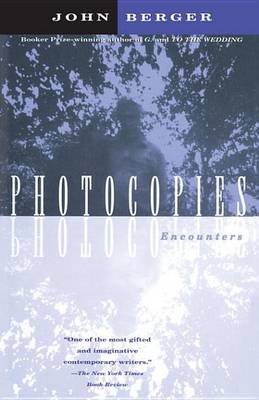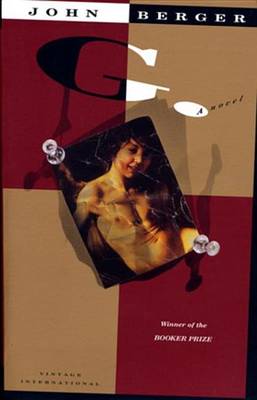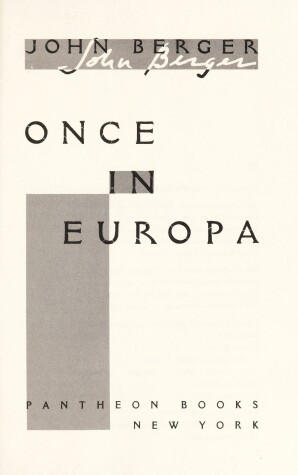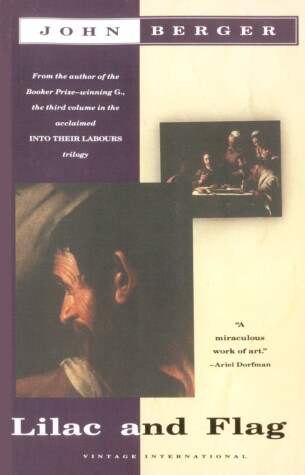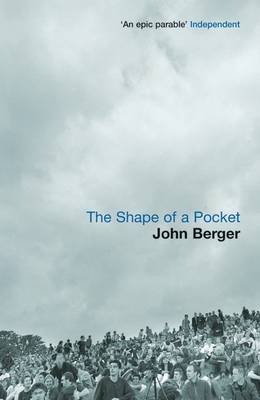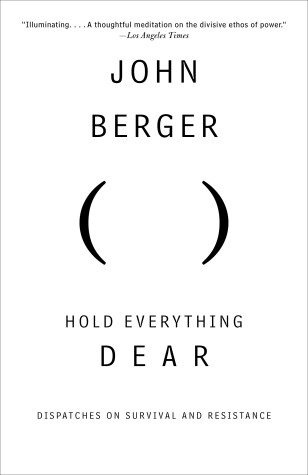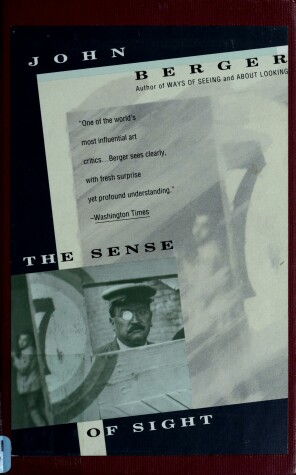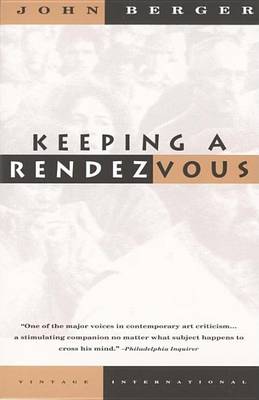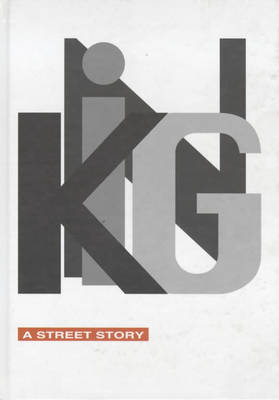Vintage International
15 total works
As constructed by John Berger and the renowned Swiss photographer Jean Mohr, that theory includes images as well as words; not only analysis, but anecdote and memoir. Another Way of Telling explores the tension between the photographer and the photographed, between the picture and its viewers, between the filmed moment and the memories that it so resembles. Combining the moral vision of the critic and the practical engagement of the photographer, Berger and Moher have produced a work that expands the frontiers of criticism first charged by Walter Benjamin, Roland Barthes, and Susan Sontag.
"Berger is probably our most perceptive commentator on art.... A civilized and stimulating companion no matter what subject happens to cross his mind."--Philadelphia Inquirer
From a Booker Prize-winning author and one of the most impassioned of writers of our time, this powerful collection of essays offers a stark portrait of post-9/11 realities. John Berger occupies a unique position in the international cultural landscape: artist, filmmaker, poet, philosopher, novelist, and essayist, he is also a deeply thoughtful political activist. In Hold Everything Dear, his artistry and activism meld in an attempt to make sense of the current state of our world.
Berger analyzes the nature of terrorism and the profound despair that gives rise to it. He writes about the homelessness of millions who have been forced by poverty and war to live as refugees. He discusses Afghanistan, Iraq, Palestine, Serbia, Bosnia, China, Indonesia-anyplace where people are deprived of the most basic of freedoms. Berger powerfully acknowledges the depth of suffering around the world and suggests actions that might finally help bring it to an end.
"In contemporary letters John Berger seems to me peerless; not since Lawrence has there been a writer who offers such attentiveness to the sensual world with responsiveness to the imperatives of conscience." --Susan Sontag
Ranging from the Renaissance to the conflagration of Hiroshima; from the Bosphorus to Manhattan; from the woodcarvers of a French village to Goya, Dürer, and Van Gogh; and from private experiences of love and of loss, to the major political upheavals of our time, The Sense of Sight encourages us to see with the same breadth, courage, and moral engagement that its author does.
With the luminous essays in Keeping a Rendezvous, we are given to see the world as Berger sees it -- to explore themes suggested by the work of Jackson Pollock or J. M. W. Turner, to contemplate the wonder of Paris. Rendezvous are manifold: between critic and art, artist and subject, subject and the unknown. But most significant are the rendezvous between author and reader, as we discover our perceptions informed by Berger's eloquence and courageous moral imagination.
